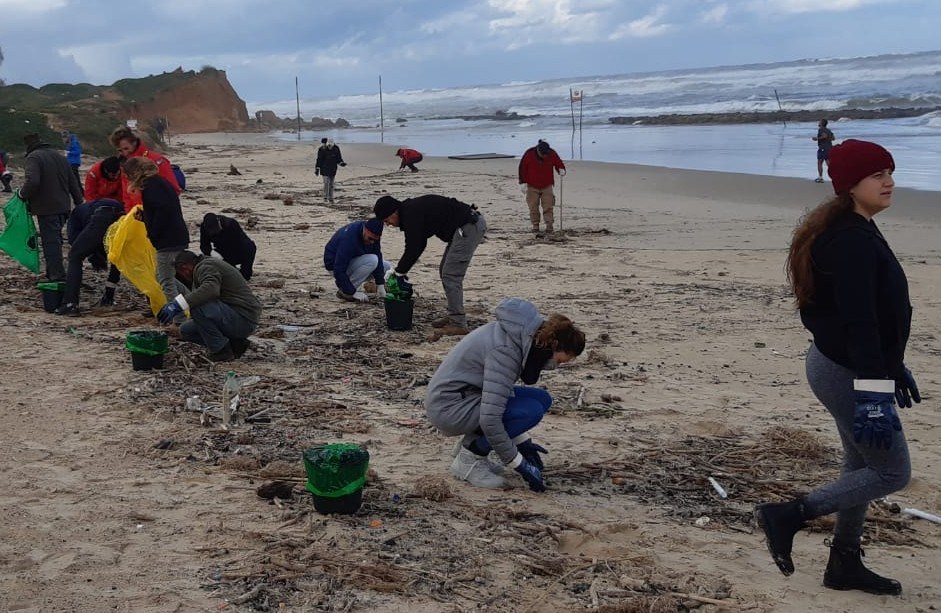The investigation of the recent oil spill in the Eastern Mediterranean Sea that polluted the beaches of Israel and southern Lebanon and led to the worst ecological disaster in decades is still on-going.
The European Maritime Safety Agency (EMSA) reported on 17 February about an oil slick located about 50 km off Israel’s coast but could not say for sure that it was the source of the pollution. The information reached Israel too late to take any measures to stop the oil tar from reaching its shores and polluting 170 km or about 40 percent of its beaches.
The request to EMSA from the Israeli authorities for information relating to any possible pollution detected in the previous days in the surrounding area was received on 17 February. Later that same day, after re-checking satellite images, EMSA informed the Israeli authorities that two possible oil spills had been identified as having occurred in the region since the beginning of February.
Israel’s Environment Protection Ministry suspected first that the vessel responsible for the oil slick was a crude oil tanker, Minerva Helen, sailing under Greek flag. The tanker was reportedly loading oil in an Egyptian harbour in mid-February. From there, it continued to Spain, where it was inspected by the Spanish authorities.
On its return to Piraeus on Saturday (27 February), an Israeli team was sent to inspect it. Already the following day, the team ruled out that the Greek vessel was responsible for the spill.
A spokesperson of the Israeli ministry told The Brussels Times that its conclusions are final but declined to provide any details of the investigation.
After the untimely communication with EMSA, does Israel intend to sign the necessary agreements with them so that it will become a full partner and receive alerts in real time?
“EMSA is a European agency that is a party to the Barcelona Convention. Therefore, under the Emergency Protocol of the Convention, marine pollution events must be reported to relevant neighbouring contracting parties, either directly or via the Regional Marine Pollution Emergency Response Centre (REMPEC) in Malta, at all times,” the ministry replied. EMSA declined to comment on the agreements.
In this case, however, earlier reporting would not have made any difference according to the ministry. “The likelihood that we could have significantly reduced the amount of tar that washed ashore, even if we would have been notified, is miniscule, due to the short time span, the distance of the tar from the shore, and the stormy weather that began on February 15th.”
M. Apelblat
The Brussels Times

